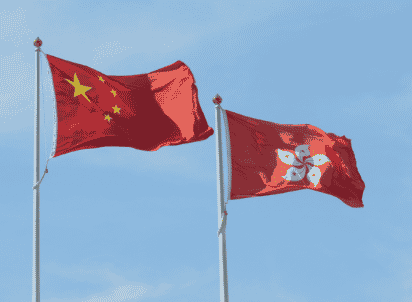Lam’s first anniversary marks the rise of moderate politics
Repairing social divisions is the common aspiration of most citizens and is also the top priority in Carrie Lam’s election declaration. On the first anniversary of the new government’s administration, can it cool down social conflicts? There is a gentle breeze blowing in the political arena, and public opinion is tired of radicalism. Has the "Third Way" that advocates moderate politics created conditions for rebuilding harmony?
Lam’s first anniversary marks the rise of moderate politics Read More »




